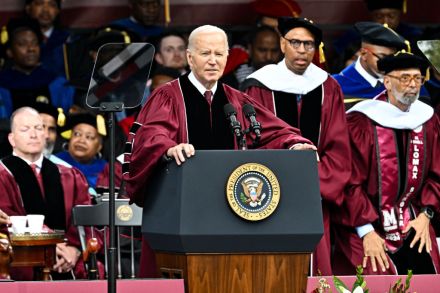Germany was right to take the Reichsbürger threat seriously
Germany is in the grip of one of the most extensively covered courtroom dramas in recent memory. On trial is an alleged terrorist group of nine men and women centred around the 72-year-old aristocrat Heinrich XIII Prince Reuss. They stand accused of having plotted to violently overthrow the state before they were arrested in December 2022. The groups’ network is said to reach far into Germany’s armed forces, police and politics, making the case one of the most bizarre and troubling in modern German history. The case is so large that it had to be split into three parts. The first one began in Stuttgart in April. Another one is





















